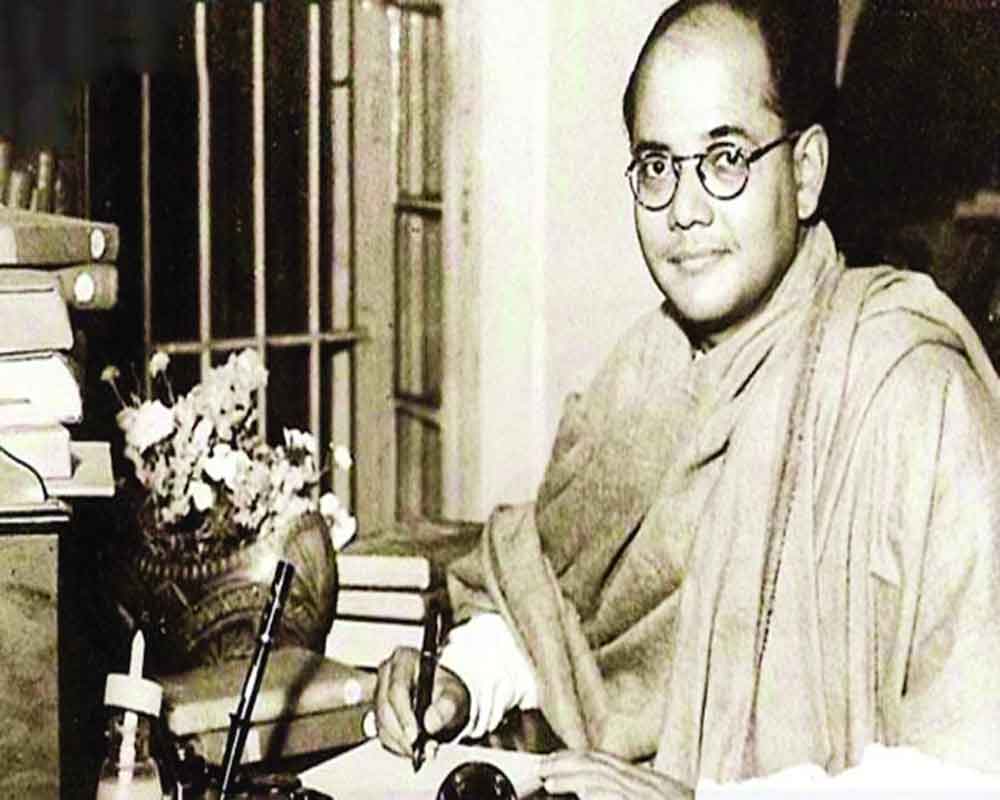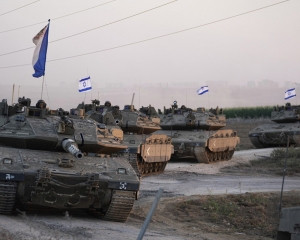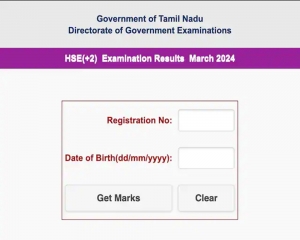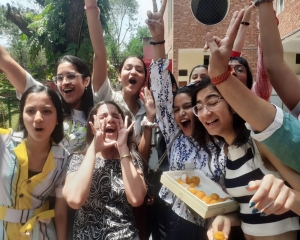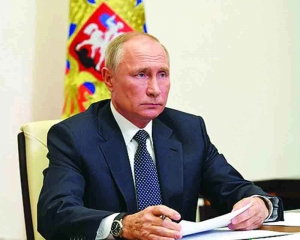It’s unfortunate that the man, who led India towards its freedom, was lost when India woke up to Independence. Till date only theories exist about his death
When Netaji Subhas Chandra Bose’s death in an air crash in Taipei on August 18, 1945, was announced, the British Government suspected that this was a cover for his escape to the Soviet Union. Their suspicions were confirmed a few months later when transmitters in Calcutta’s Governor’s House caught three broadcasts on shortwave band 31 by Netaji between December 26, 1945, and February 1946. The broadcasts showed that he was alive: Netaji said that he was under the “shelter of great world powers” and his utterances revealed that he was aware “my men are being tried at the Red Fort.”
Subhas Chandra Bose promised to come to India and sit on judgement on “those trying my men at the Red Fort.” He also said that the back of British imperialism had been broken and that the British could concede Independence to India in two years. Copies of these transmissions have now been made public after the declassification of records pertaining to Netaji in 2015.
Due to inferior technology in those times, transmissions never reached the ears of millions of Indians for whom they were meant, but the British masters were definitely alarmed on hearing them. The alarm spread to the Congress circles as well. Found among the records was a letter from Khurshed Naoroji, one of the Secretaries of Mahatma Gandhi to Louis Fischer (on June 22 1946). It read: “At the heart, the Indian Army is sympathetic to the Indian National Army (INA). If Bose comes with the help of Russians, neither Gandhiji nor Jawaharlal Nehru or the Congress will be able to reason with the country.”
That Netaji was looming large on the British horizon was clear from the fact that on October 25, 1945, the then British Prime Minister chaired a Cabinet meeting for finalisation of a policy towards Bose, based on a confidential note on the subject from Lord Wavell, the then Viceroy of India.
Incidentally, the file also mentioned that Lord Mountbatten, who was the British Supreme Allied Commander for South East Asia Command, received a dispatch from the British directorate of military intelligence that said: “When Bose was preparing to leave Burma by plane, the Chinese intercepted a message from the Japanese, asking him to remain in Burma. Bose subsequently escaped to Thailand.”
The file also mentioned that the case in support of Netaji’s death in an air crash was based on evidence provided by Col Habibur Rahman and Japanese doctor T Yoshimi. But Habibur Rahman was “not willing to come out with the truth” and there were a multitude of discrepancies in his version. Obviously, the British did not believe that Netaji had died in any air crash.
The British obsession with Netaji was natural in view of the INA, whose wartime activities had given a new dimension to the Indian freedom struggle. The INA had taken on the British Indian Army in the North-East during the World War II. Due to censorship in those parts (as a result of inner line restrictions), news had not been covered in mainland India and people did not know about the exploits of the INA (although they had lost the war).
Fresh from the victory in World War II, the British thought they would teach a lesson to the INA soldiers — like they had to the soldiers of the first war of Independence. They selected three soldiers — Hindu, Muslim and a Sikh — for trial for waging war against the King Emperor. This, they averred, would be a lesson to all Indians.
This policy had worked in 1857, when the last Mughal Emperor, Bahadur Shah Zafar, was tried in the Red Fort and deposed to Rangoon. But clearly, things had changed. The trial of the INA officers brought out before Indians the brave exploits of the INA. The British had thought publicity of INA activities would lead to their being hated by the Indian public. They were wrong; as Indians began to hear about the activities of the INA, their chests began to swell in pride.
Our men in the Indian Army also became restive and Naval ratings mutinied. There was also trouble among Army ranks in Jabalpur. It was clear that the colonialists, who had used the Indian Army to control India, would not be able to do so any longer as the INA had showed the Indian army men a new way of reclaiming their country.
Lt General S K Sinha, one of the most celebrated officers of the Indian Army, who also became Governor of Jammu & Kashmir and Assam after retirement, was a young Captain in August 1946 posted to the Military Operations Directorate (MOD) to replace English officers. Shortly before his death, Gen Sinha wrote in an English newspaper on February 16, 2016, that while going through the files left by his predecessor, he found a report from Major General O’Brien of Military Intelligence that raised serious doubts about the continued loyalty of thousands of emergency commissioned officers of the Army, who had been recruited in the World War II period and wanted to keep a watch on them. More importantly, Sinha found plans for Operation Gondola, by which 43,000 British civilians would be escorted out of the country if the need arose. Obviously, the British were planning for an eventuality averring trouble.
Although the British had originally planned to leave India in September 1948, they quit earlier on August 15, 1947, to avert trouble in the form of an uprising. The British were keen on a peaceful exit to keep its empire in other parts of the globe stable. If they were to be kicked out violently from India, their colonies elsewhere would be in threat.
Unfortunately, the Congress leadership, led by Jawaharlal Nehru, collaborated with the last Viceroy, Lord Mountbatten, to allow this design that led to the Partition of India along with its freedom. What happened to Netaji one does not know.
Probably, he was packed by Stalin to the Gulag Archipelago; although some say he made his way to India as a mendicant Gumnami Baba. But when India woke up to freedom, the man, who made this possible, had been lost. An unsavoury fact at that.
(The writer is a senior journalist and an author)













